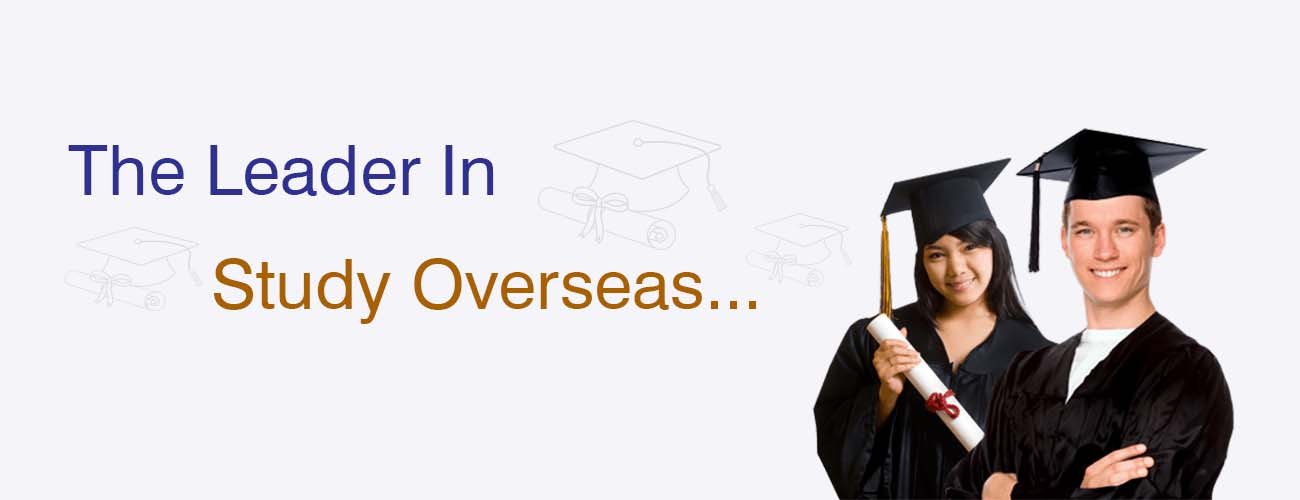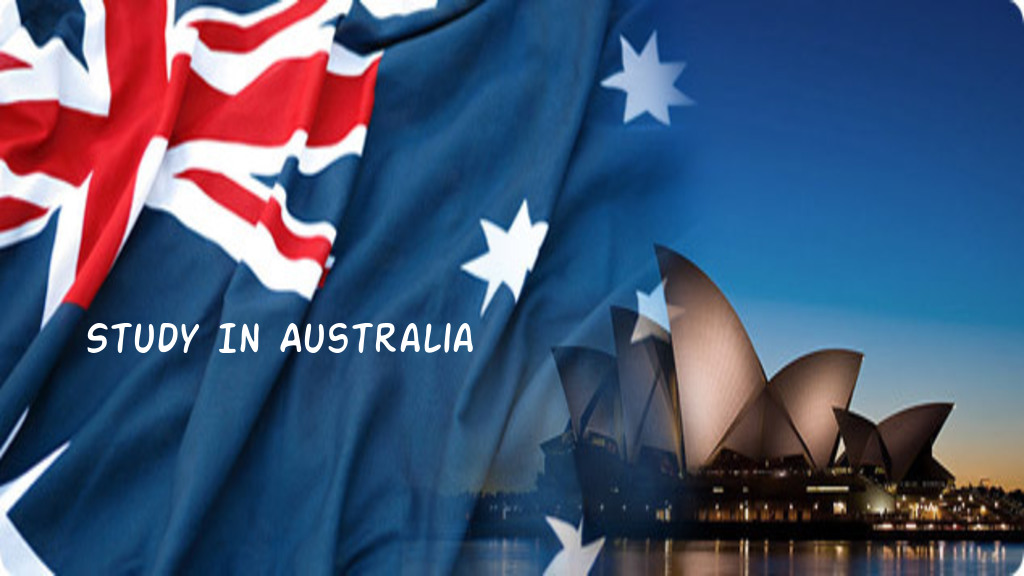Australia is in the southern hemisphere and the seasons are opposite to those in Europe and North America. Although the majority of Australians are Christian, there are wealth of other religions which are represented in communities across the country. The main language in Australia is English, but due to the more than 1 million Asians currently living in Australia, and population based on European immigrants, many other languages are commonly spoken such as Chinese, Japanese, German, French, etc....Its capital is Canberra.
Why Study in Australia ?
Australia is rapidly growing as one of the most popular destinations for international student to attend. Currently Australia has the third largest international student enrollment behind the USA and the UK. The cost of living and tuition costs in Australia are much lower that compared to the USA or the UK. These lower costs make it more affordable for students to attend a school in Australia and still have a high standard of living. Australia is in the top 10 spenders in the world for research and development and 2% of all scientific papers in the world come from Australia, putting Australia at the forefront of new technology and innovations.
Top 5 Programs :
Business
Information Technology
Engineering
Science
Hospitality
Education System in Australia
The Indian and Australian education systems are very similar in structure, i.e 10+2+3.
The VET & TAFE’S:
Vocational education and training (VET) gives students practical skills for their careers. The VET sector is divided into two sections: a nationally recognized government system of Technical and Further Education (TAFE); and private providers. TAFE is the largest provider of tertiary education courses in Australia.
The awards in VET sector are: certificates, advanced certificates, associate diplomas, diplomas. Studying at TAFE level is also a way of gaining entry - termed a pathway - to Australia's universities.
Most TAFE institutes have arrangements with specific universities, enabling students to gain credit for a portion of their study undertaken at TAFE. The VET courses include computing, design, pilot training, business management, hospitality and tourism and many other courses.
Universities:
There are 37 public universities and two private universities in Australia which offer both undergraduate and postgraduate programs. University study can lead to the following awards: Undergraduate - Bachelor Degrees, Bachelor Degrees (with Honors’), Undergraduate Diplomas, Associate Diplomas; Postgraduate - Doctoral Degrees, Masters Degrees, Graduate Diplomas and Graduate Certificates.
The International English Language Testing System (IELTS) score is preferred by many Australian Institutions as English proficiency.
Admission :
Admission to all undergrad programs is based on your marks obtained in Standard XII exams. For post grad degrees and diplomas it is based on the marks obtained in you’re under graduate degree. Eligibility conditions for post-graduate admissions: Most of the Australian universities and higher institutes acknowledge the graduation system of three years for entry into most postgraduate courses. But, some of the courses and universities may require a qualification equivalent to Australian Bachelor-Honors degree, which requires either a honors graduation degree with 16 years of formal education, which would mean another year after graduation or a four year degree course like Engineering degree courses and other such courses.
Major Intakes:
February
July
Required Tests :
Scores of GRE, GMAT is needed by some business schools. Enrolling in to bachelor or masters degree student must obtain at least an IELTS score of 6.0. Where as those enrolling in a diploma level program need an overall band of 5.5. However some courses like law, communications, MBA need a higher level of proficiency, as overall band score of 6.5 or 7 with no band less than 6.0.
Cost of Education In Australia :
The average tuition fee for different programs can be: (AUD per annum)
Diploma
7,000 - 11,000
Bachelors Degree
9,000 - 15,000
Masters degree
10,000 - 22,000
Accommodation :
Home stay is a good option for those who want to be totally submerged in the Australian culture as it will involve living with an Australian family either with your own private room, or shared. Generally meals are included with home stays. On-campus housing can sometimes be hard to secure as spaces are limited. Fees will vary depending on which school you attend, and most provide meals and some furniture. Housing located off-campus can be extremely fun, but also have many pitfalls. Generally, you would probably group together with a group of students to either rent a house or flat with fees varying depending on your location and size of dwelling. Some points to be aware of:
To locate off-campus you may need to use the services of an estate agent which will incur fees.
- You will be tied to a 12 month contract, so you will have to pay the full 12 months.
- Other services such as gas, electricity, phone, etc. will be extra.
- You may have to pay a security deposit up front in order to cover any damage that may occur during the year; this will be refunded if there is no damage.
Work prospects :
Students can work up to a maximum of 20 hours per week after they start their studies and full time during vacations. However they are required to obtain a work permit by paying AUD 60 payable in Australia itself on course commencement, in favor of DIMA to obtain their work permits.
Permanent Residency
Australia has a shortage of skilled workers, both trades people and white collar professionals. GSM (general skilled Migration) gives permanent visa to application and a family.






